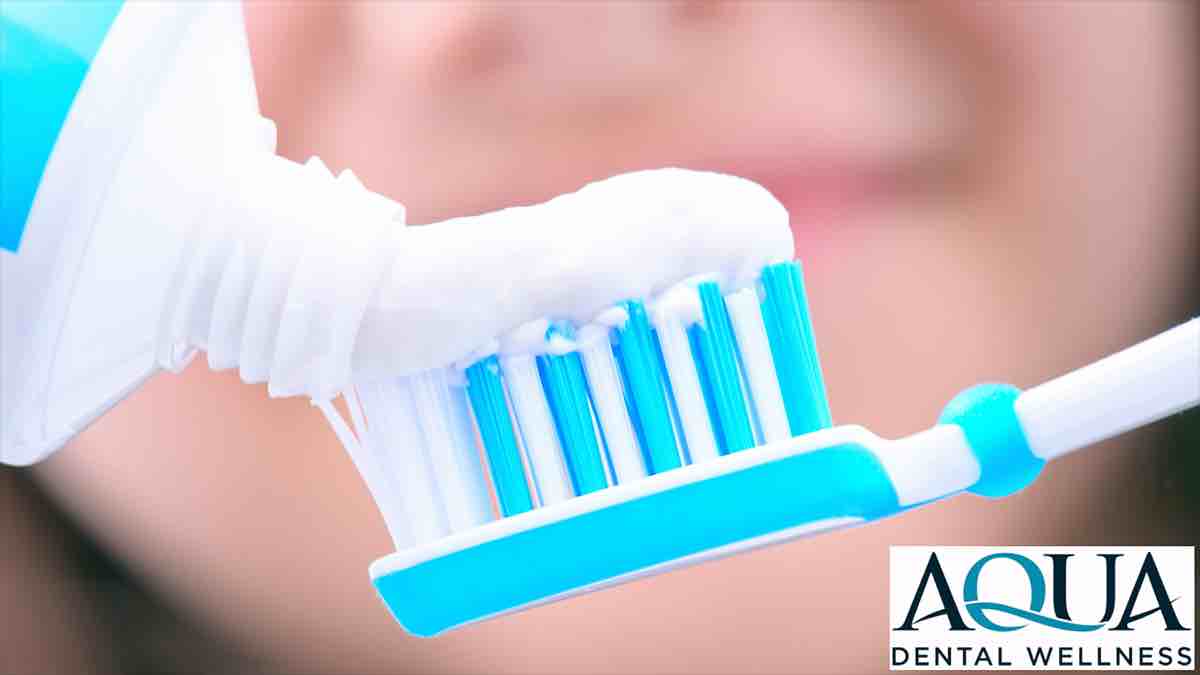Are You Making These Common Brushing Mistakes?

Brushing is the most crucial aspect of your daily oral hygiene routine, but its benefits depend on how well you do it.
You may be thinking it should be a straightforward process, but there are many potential mistakes you may be making unknowingly. In this post, we talk about these habits so you can make brushing more effective for you. Let’s begin.
- Forgetting to floss. Flossing is the perfect complement to brushing. Before brushing, use floss to get rid of debris lodged in tight spaces and areas that your toothbrush won’t be able to access. This simple practice reduces the risk of gum disease and bad breath and leaves your mouth cleaner and fresher.
- Brushing too hard. It isn’t true that aggressive brushing will help you get rid of more deposits from your mouth. Rather, it may pose harm to your teeth. Heavy scrubbing can strip the enamel and cause it to thin. If you often brush right after a meal, this can expose your teeth to further erosion. Wait for at least 30 minutes and use gentle force to help preserve the enamel.
- Choosing a hard toothbrush. Hard toothbrush bristles can be too harsh for your teeth. Consider switching to a soft-bristled brush. During your routine oral examinations and dental hygiene cleanings, your dentist can also recommend appropriate brushing tools to boost your dental care routine. They may also recommend trying an electric toothbrush if physical limitations keep you from brushing effectively.
- Using incorrect brushing techniques. For thorough brushing, hold your toothbrush at a 45-degree angle. This will help you cover more areas without being too harsh on the teeth and gums. You may also use this technique when cleaning in and around your braces. Pay attention to every bracket and tooth to keep deposits from clinging to them. It can take a while to get used to a new brushing technique, but you likely won't notice once it becomes second nature.
- Brushing too many times a day. You don’t have to brush after each meal. Brushing at least twice a day should be enough, provided you don’t rush and give all surfaces a proper clean. Brushing in the morning is crucial to remineralize the enamel and reduce the acidity level in the mouth. Brushing before bed is also important to strengthen tooth health and protect them from acid attacks. Saliva production decreases during sleep, making the teeth more susceptible to erosion.
- Not brushing your tongue. The tongue can also attract harmful bacteria due to its uneven surface. Debris from teeth and gums may also land on it. So do not forget to brush your tongue when you brush your teeth. Start from the back to the front area, and make sure to thoroughly rinse your mouth. Cleaning the tongue regularly will also help you maintain fresh breath and a sharp sense of taste.
- Not changing your toothbrush. Switch to a new toothbrush every 3–4 months or once your current one becomes frayed. Set it on your calendar to remember it easily. Test different toothbrush handles and head sizes to find out which one is most comfortable and effective for cleaning your teeth. You may also consult your dentist on dental products suitable for your needs.
Do you need more tips to increase your daily brushing efficiency?
Contact us at Aqua Dental Wellness in Winnipeg, MB. We’re happy to respond to your inquiries and welcome you to our dental office to learn more about boosting your oral health.